|
|
|
|
|
Amnesty International Bournemouth Poole Christchurch Group
local news & events Amnesty International group for Bournemouth, Poole & Christchurch
by zarganar
|
|
|
|
|
by zarganar
Our Music Benefit event, held at Chaplin’s Bar in Boscombe on Saturday, was a great success – no mean feat given the competition for public attention (and occasional noise!) from the airshow. We collected over £1600. This couldn’t have happened without the generous support of many musicians, poetry readers, face painters, cake makers as well as raffle prize sponsors. Special thanks are due to Nick Humphrey, Conrad Barr and the owner Harry Secombe, who made the bar and garden at Chaplin’s available all day, and to their lovely staff who couldn’t have been more helpful. The performers on the day were…
Music:-
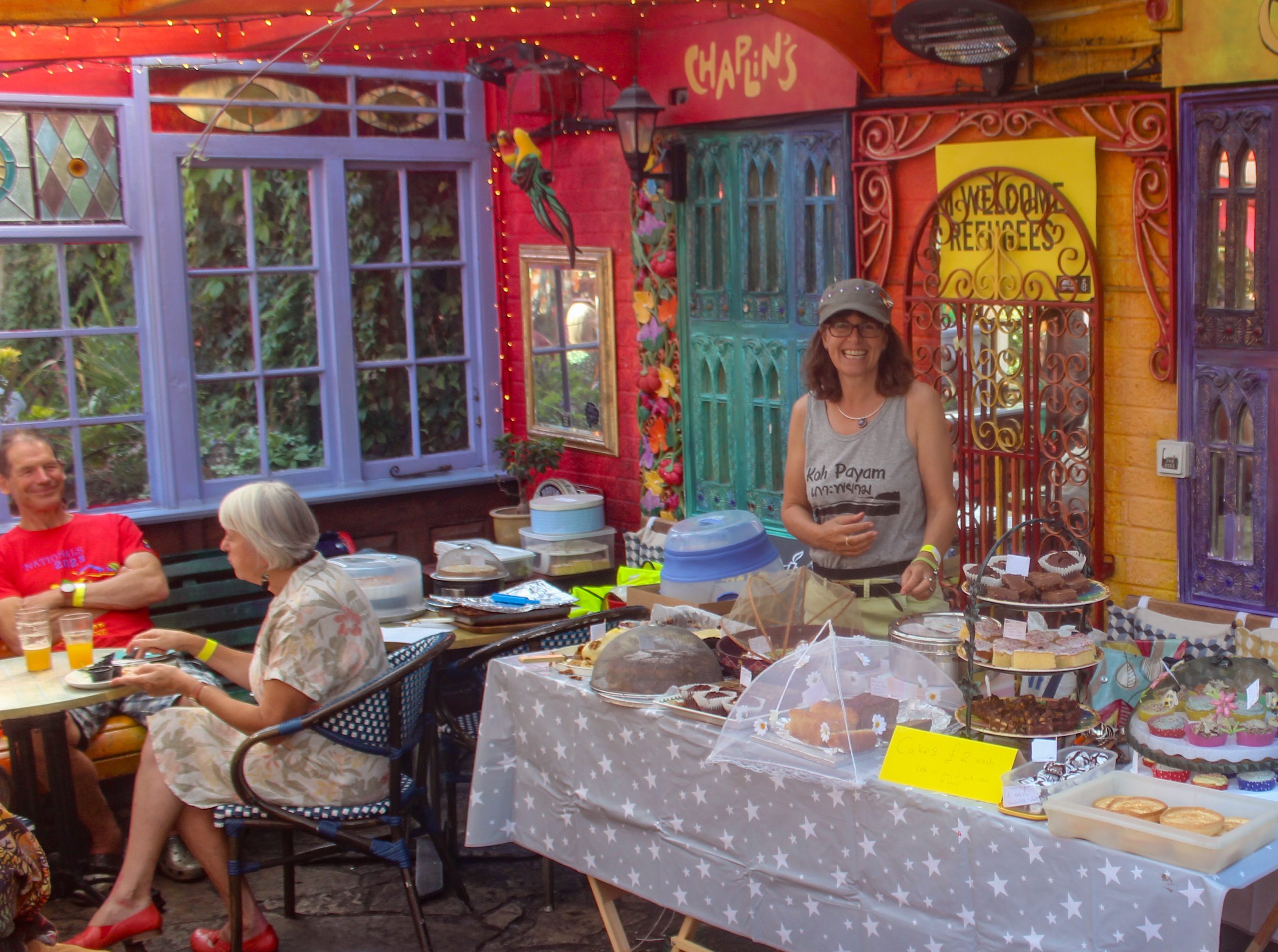
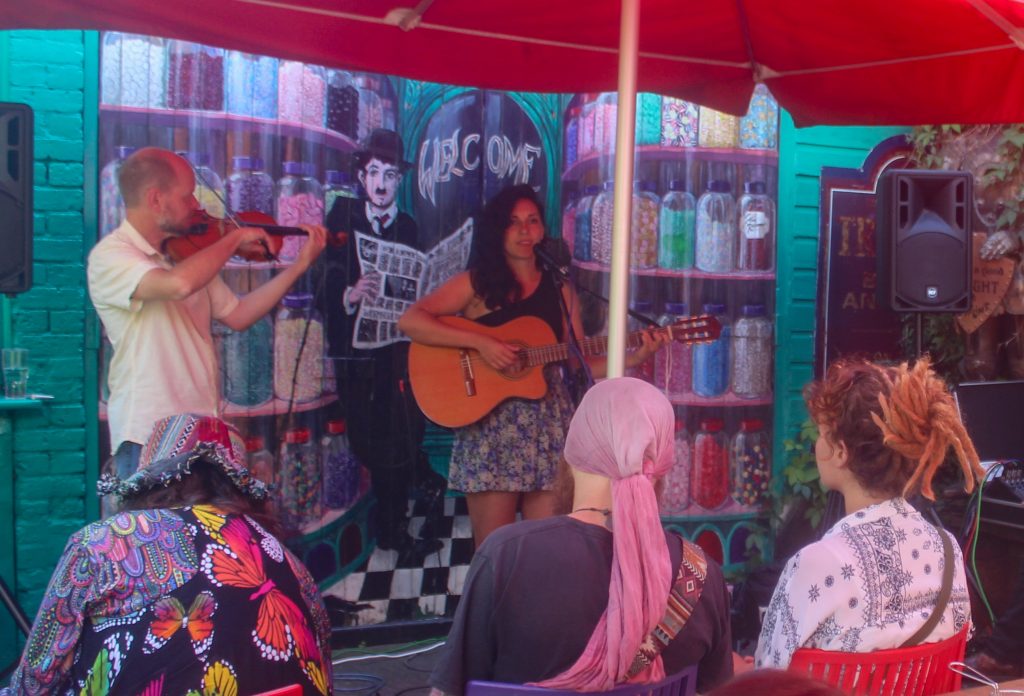
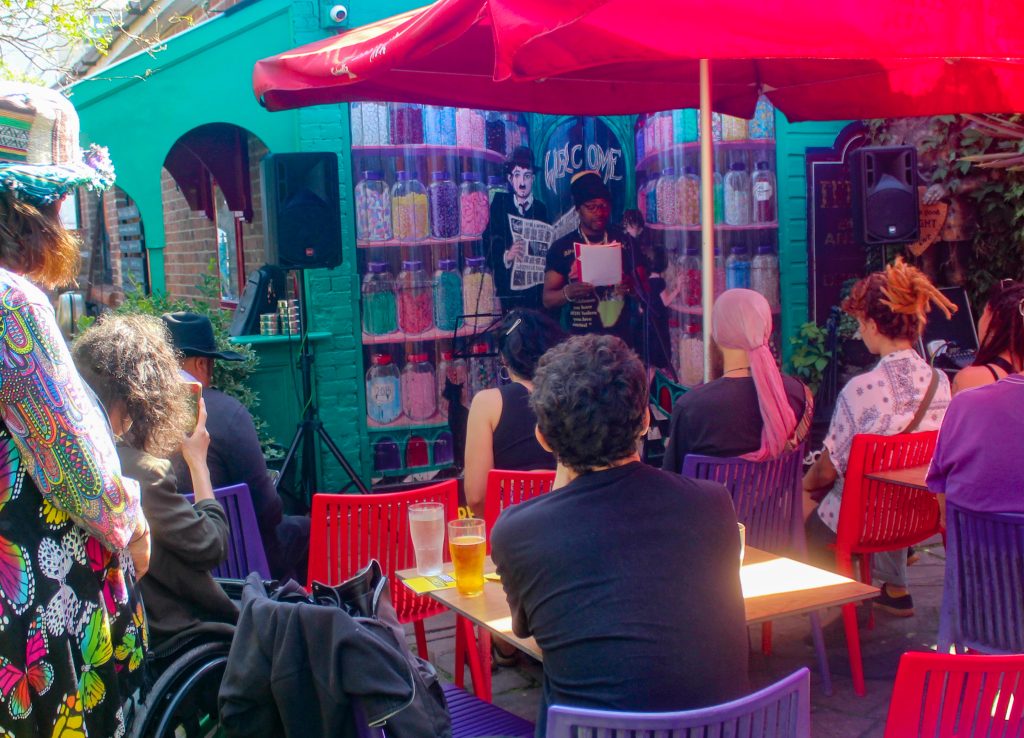
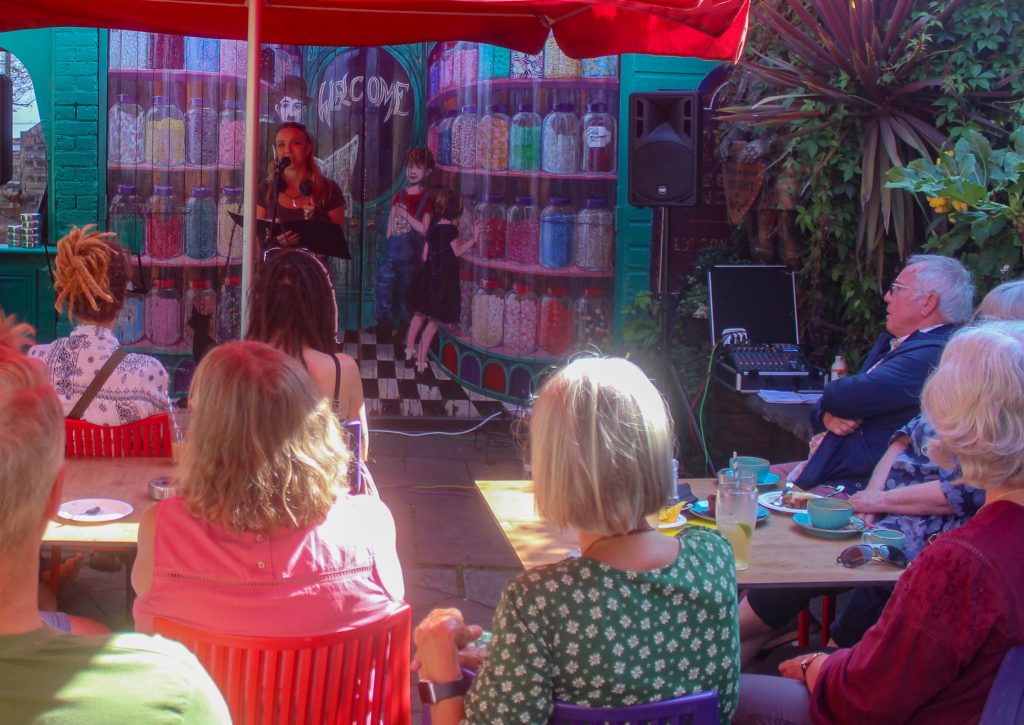
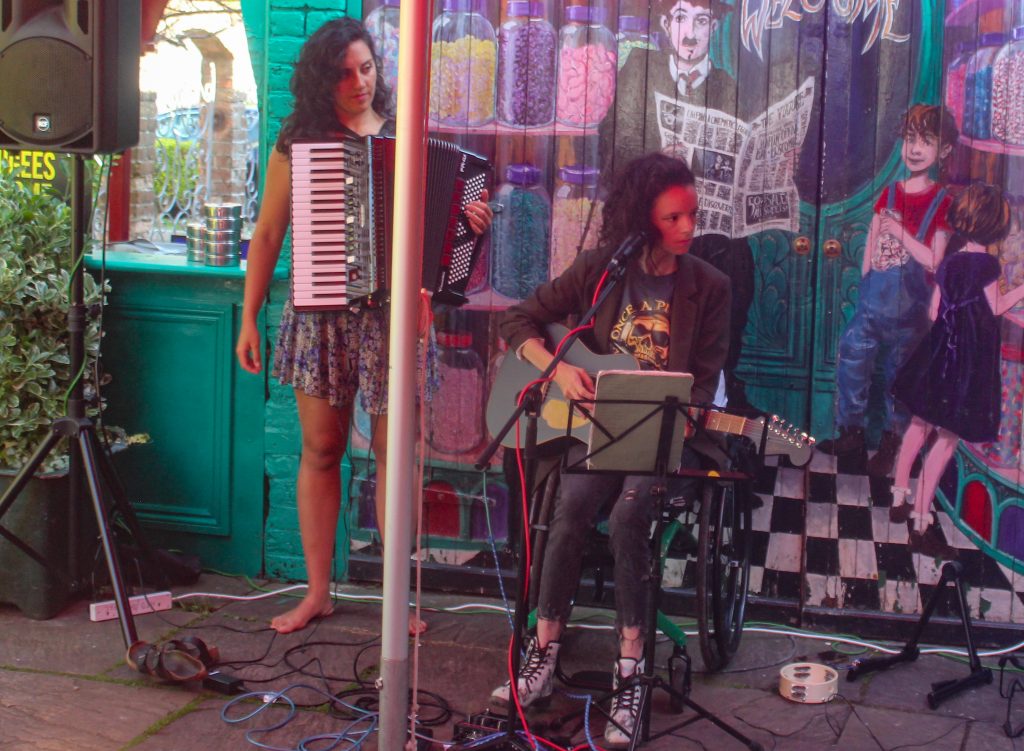
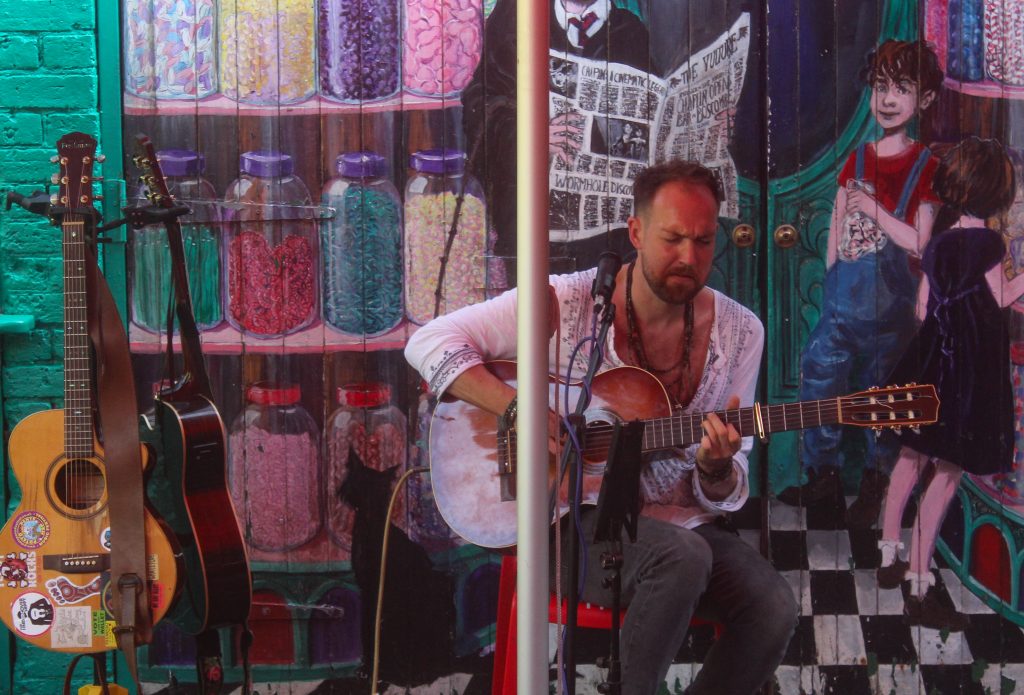
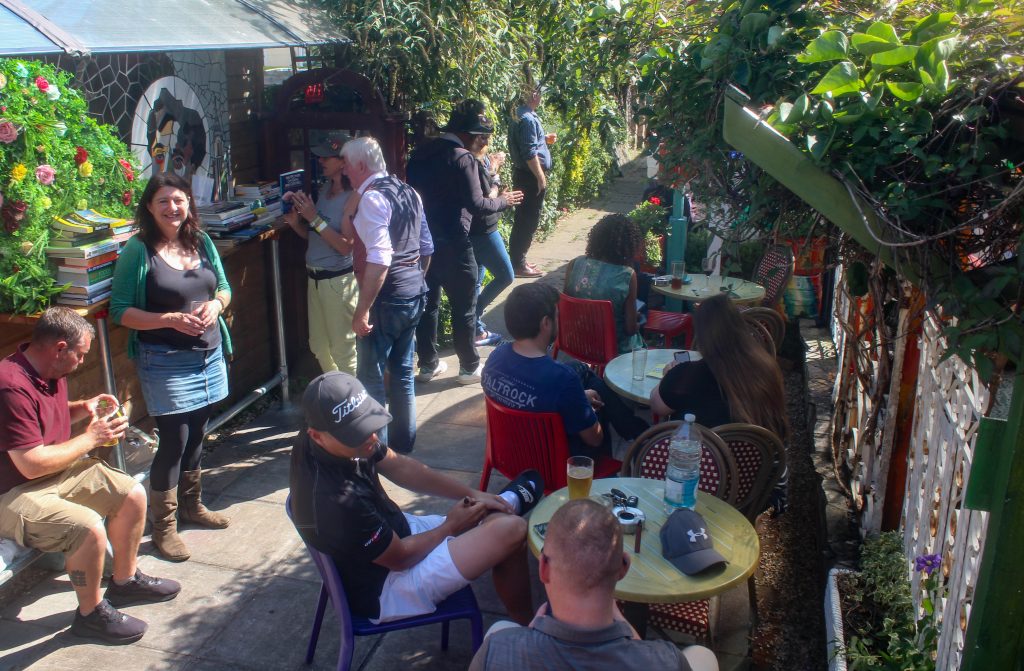
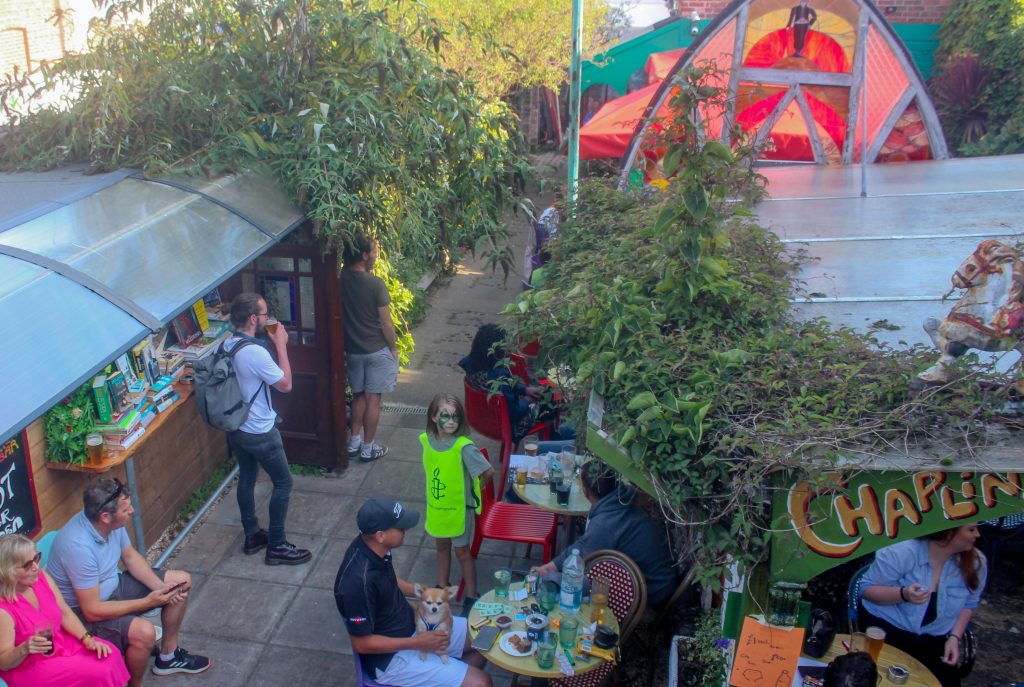
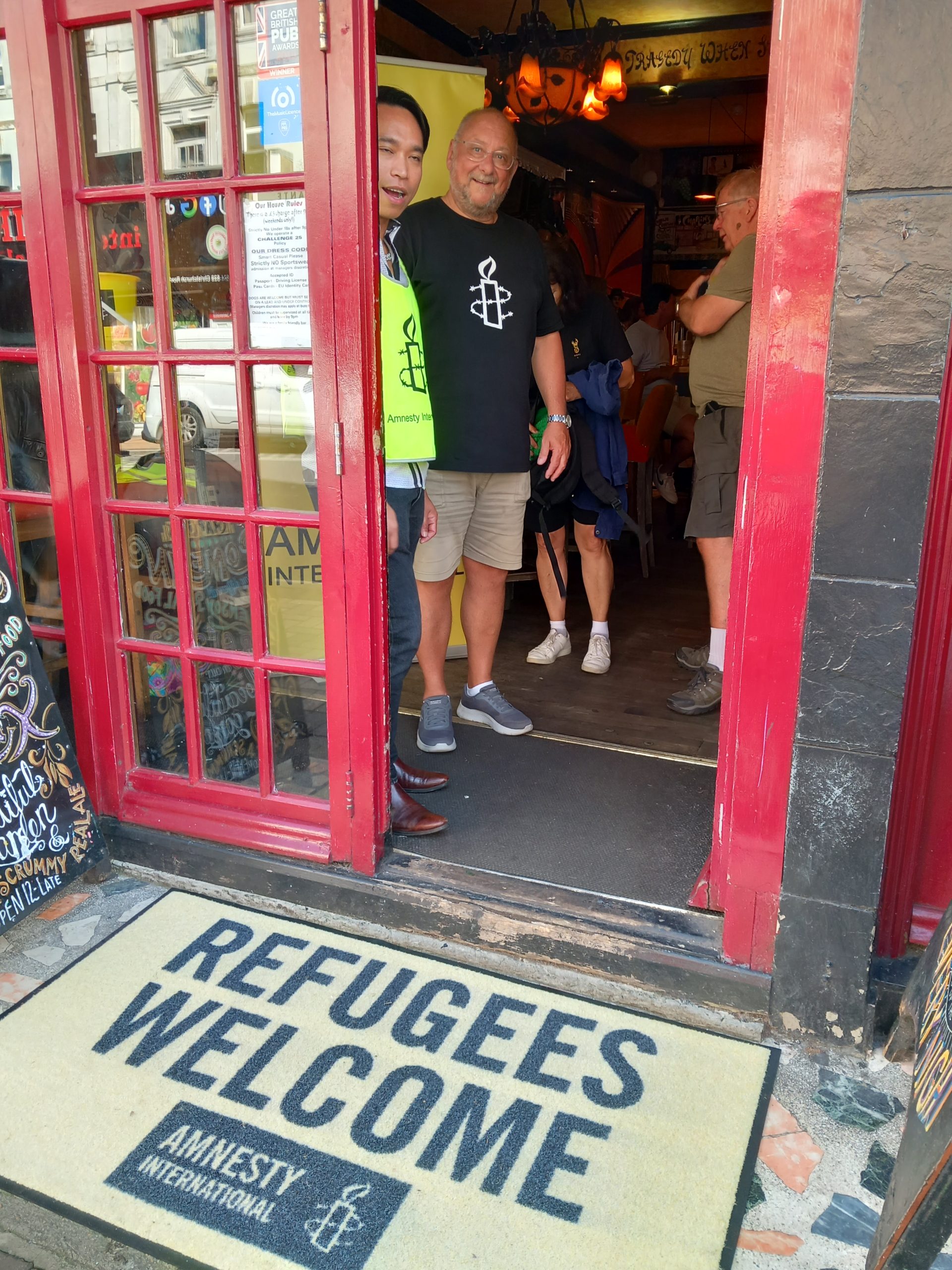
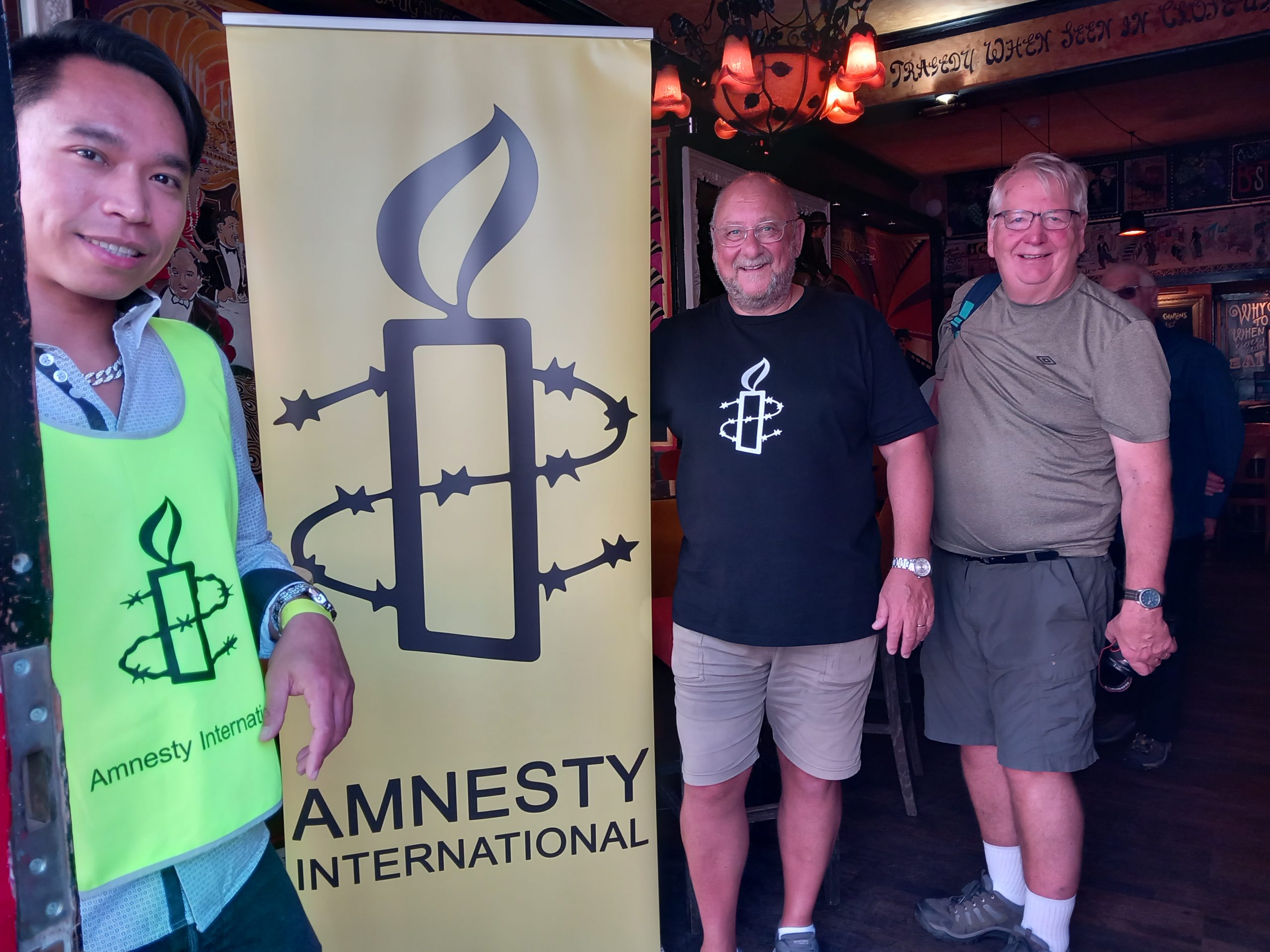
by zarganar
This month, we bring you news that –
ARGENTINA
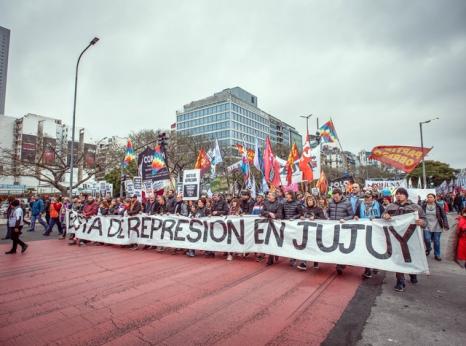
Last month we highlighted the case of Alberto Nallar, a human rights lawyer who took an active role in the protests in Jujuy Province that began on June 15. Alberto was released on August 18th, after spending more than one month under house arrest.
Amnesty International has asked the United Nations High Commissioner for Human Rights to intervene on his behalf. Alberto is still being charged with the crime of sedition. Consequently, this Urgent Action has been extended till the 6th October. The AIUK website hasn’t (yet) updated the days left to take action, but please still use this link to send an email.
BOLIVIA
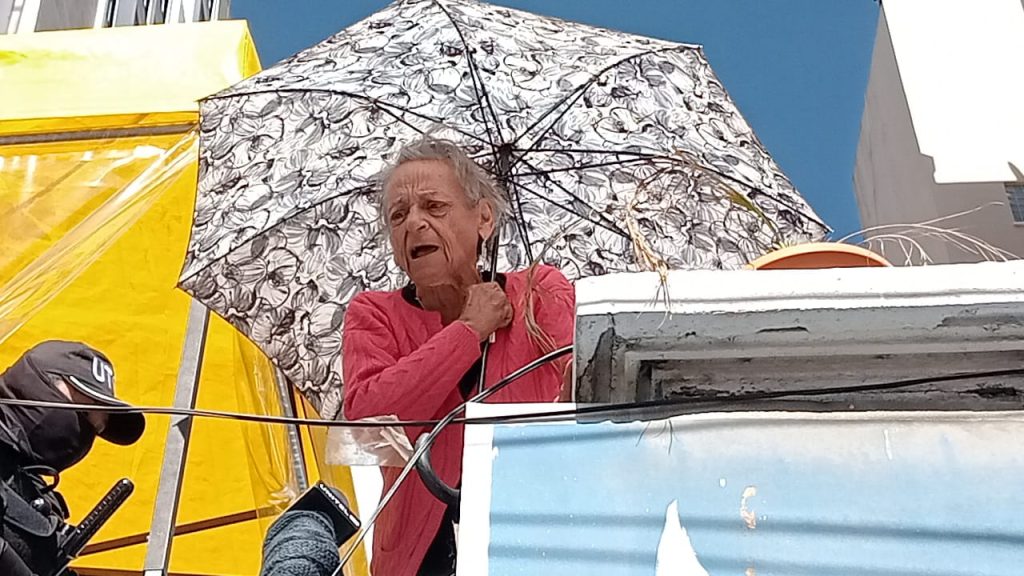
GOOD NEWS! The groups that raided the office of the Permanent Assembly on Human Rights in Bolivia (APDHB) have vacated the office, enabling 84-year-old Amparo Carvajal, the Assembly’s President, to end her 52 days of vigil, 12 of which she spent on the terrace of the building. The APDHB is negotiating with authorities as to an inventory of the premises and the possible reopening of the office. The Urgent Action request is now closed. [Read more…]
by zarganar
Welcome to the latest newsletter.
Our next meeting is on Thursday 7th September2023, 7.30pm at Moordown Community Centre. However, before that we have our first ever “Jamnesty”…
Jamnesty at Chaplins Bar
We are delighted to announce that Chaplins Bar Boscombe have agreed to stage a music benefit for Amnesty International – a Jamnesty – on
Saturday 2nd September 2023.
This starts at 12.30pm and goes on till 3am! (although our involvement won’t go on beyond 10pm) There will be an afternoon session on their Garden Stage, a brief early evening on Chaplins Bar Stage then transferring to their Cellar Bar Main Stage. The “suggested voluntary donation entry” will go to Amnesty.
The music line-up is (currently):-
Garden Stage (Cellar Bar if wet)
12.30 Westbourne Strings
1.15 TBC
2.00 Benjamin Torrens
2.45 Amica
3.30 Spoken word by various local poets
4.15 Mischa
5.00 High Shelf Remedy
Chaplins Bar Stage
6.00 Otis J Blues Band
Cellar Bar Main Stage
8.00 TBC
9.00 Four Corners Collectif
10.00 Clockwork Carousel
Midnight DJWe also have planned a Book Stall, Cake Stall, Face Painting and a raffle. We need volunteers to help – mainly collecting money! Please reply to this email or use the contact form if you would like to help, or have any queries. We will update our Events page as we get more information.
South America Newsletter August 2023
The August South America Newsletter has four different calls to action, including two from Argentina. Last month there were peaceful protests in Jujuy Province, in the extreme northwest of Argentina. Amnesty International then called for an end to the violent police repression used against the protestors. But since protests began at least 130 people have been detained.
One of these is Alberto Naller. He is a human rights lawyer who provided support and legal assistance to people detained during the mobilizations and their families. Alberto Naller was arrested on July 13th and charged with sedition; Amnesty has called for charges against Alberto Nallar be dropped. Send an email via the AIUK website.
https://amnestyat50.co.uk/south-america-newsletter- august-2023
Osman Kavala: Imprisoned in Erdogan’s Türkiye
Europe Newsletter July 2023
The July Europe Newsletter, only just published, has an overview of President Erdoğan’s re-election in Türkiye. An ongoing campaigns in Türkiye is for the release of those known as the “Gezi 7”. One of them is the Turkish human rights activist and arts patron Osman Kavala. He has initiated numerous projects to promote dialogue between different cultures and communities and strengthen Turkish civil society. He also champions the rights of minorities in Türkiye, first and foremost the Kurdish and Armenian ones.
Osman Kavala was originally arrested on charges of masterminding the 2013 Gezi Park mass protests against the government of President Erdoğan. He was acquitted of that charge in February 2020. He was released from detention at the Silivri high security prison but re-arrested just a few hours later – and this time accused of involvement in an attempted coup. In 2022, Kavala was sentenced to aggravated life imprisonment. See more about his story on the video above.
https://amnestyat50.co.uk/europe-newsletter-july-2023
by zarganar
This month we bring you news from Colombia, Brazil, Venezuela, Argentina, Ecuador, Peru, Bolivia, Paraguay, Uruguay and Chile. Please take action requesting protection for the Peace Community of San José de Apartadó, Columbia, who continue to suffer from threats and attacks by paramilitaries. There are now two Urgent Actions in Argentina; in both case you can take email action via the AIUK website. In Bolivia Amnesty has issued an update on the Urgent Action relating to 84-year-old human rights defender Amparo Carvajal. And there is an Urgent Action in Ecuador relating to the safety of prison detainees.
COLOMBIA
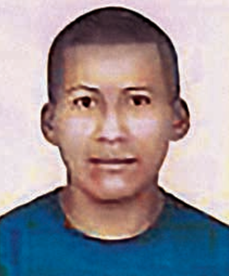
Peace Brigades International, which has helped protect the Peace Community of San José de Apartadó for many years, describes the ongoing obstacles they encounter to register their land claim that the Peace Community has cultivated for the last 25 years. Also, despite the visit of the Defence Minister in December, members of the Community continue to suffer from threats and attacks by paramilitaries, the Gaitan Self-defence Forces of Colombia. The latest death threat was received by the Community´s legal representative on Thursday 27 July.
Please take Action! Please write to Iván Velásquez, Defence Minister (usuarios@mindefensa.gov.co Twitter: @Ivan_Velasquez_ ), asking the Defence Ministry to provide protection for the Peace Community from the paramilitary Gaitan Self-defence Forces of Colombia: Please send copies to: Nancy Benítez Páez, Chargée d’Affaires, Embassy of Colombia, 3 Hans Crescent, London SW1X 0LN; email: elondres@cancilleria.gov.co
Programa Somos Defensores (We are Defenders Programme) report that the number of aggressions against human rights defenders and social leaders remained the same in the January-March period of 2023 compared to the same period for 2022, while the number killed were 31 compared to 53. The armed groups responsible for the killings were only identified in four of the 31 cases, which they note impede investigations and favour impunity.
Colombia Reports on the gradual downward trend in killings of HRDs and social leaders as well as demobilised former FARC guerrillas in the first half of 2023. They attribute the reduction to the Petro Government extending ‘to many of the country’s armed groups an opportunity to negotiate peace or demobilization, which gives them an incentive to improve their behaviour toward non-combatants’. On 6 June, the Government signed a 6-month ceasefire with the ELN (National Liberation Army) the largest guerrilla force.
The Guardian explains President Petro’s tactic of appointing controversial individuals to negotiate peace with armed groups. In November he appointed the leader of the conservative association of cattle farmers to lead talks with the FLN (National Liberation Army). He has now named Salvatore Mancuso, a former commander of the paramilitary United Self-Defence Forces of Colombia, as ‘Peace Manager’ to negotiate peace with, they assume, the largest criminal organisation known as the Gulf Clan. Mancuso has admitted to being responsible for 300 killings and his appointment has outraged many in Colombia. He remains in US custody in Atlanta.
However, the National Federation of Departments, representing the country’s regional Governors, on 4 July publicly demanded action by the Government and the military to protect communities, stating that armed groups are making a joke of President Petro’s plan for Total Peace. They claim that the country is confused by the ‘contradictory messages of negotiations and ceasefires’ and that the President’s ‘permissive’ policies are threatening democracy in Colombia. Regional elections take place in October.
BRAZIL

On what would have been Marielle Franco’s 44th birthday, Amnesty International demands that the authorities bring to justice the people who ordered her assassination. Two former military police officers have been charged with the murder of Marielle and her driver Anderson Gomez. One of them has confessed to the crime and said that former fire fighter Maxwell Simões Corrêa acted in the planning of the crime and in the protection of those involved. He has been arrested by police. [Read more…]